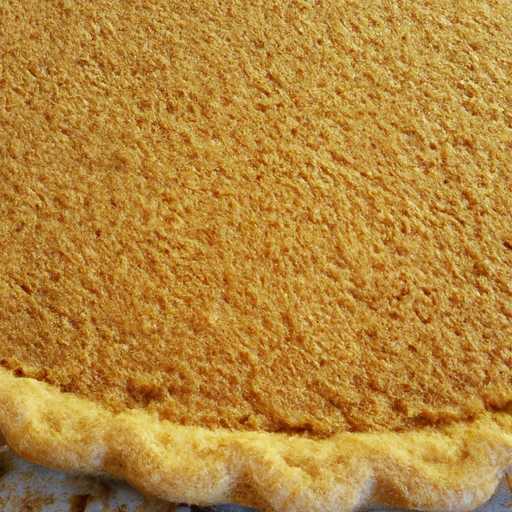Graham Cracker Pie Crust
Description

Graham cracker pie crust is a pre-made or homemade crust used as a base for numerous pies and desserts. Crafted from crushed graham crackers, sugar, and butter, it provides a sweet and slightly nutty flavor that complements a variety of fillings. This crust is known for its convenience, ease of preparation, and delightful texture that ranges from crumbly to crispy when baked.
Common uses
Graham cracker pie crust is widely used as the base for cheesecakes, key lime pies, and chocolate pies. It is also found in bars, tarts, and as a layer in multi-textured desserts.
Nutritional value
Calories
Approximately 120-150 calories per 1/8 slice of a 9-inch (22.86 cm) pie crust.
Protein
About 1-2 grams per serving.
Fat
Typically around 7-9 grams per serving, with a mix of saturated and unsaturated fats depending on the butter or oil used.
Carbohydrates
Usually contains between 15-20 grams of carbohydrates per serving.
Vitamins
Contains small amounts of B vitamins from the graham flour.
Minerals
May provide trace amounts of minerals such as iron and magnesium.
Health benefits
While graham cracker pie crust is not a health food, the whole grains from the graham flour can contribute to fiber intake. The crust can also be made with alternative ingredients, such as low-fat butter substitutes or sugar-free alternatives, to cater to healthier diet preferences.
Potential risks
As it is high in sugars and fats, overconsumption can lead to weight gain. It may also contain gluten, which is unsuitable for those with celiac disease or gluten intolerance.
Common recipes
Used in popular recipes like cheesecake, key lime pie, pumpkin pie, and s'mores pie.
Cooking methods
Often requires no baking if used with no-bake fillings. For baked desserts, it is usually pre-baked at 375°F (190°C) for 6-9 minutes before filling.
Pairing with other ingredients
Pairs well with creamy fillings, tart fruit, and sweet chocolate or caramel.
Summary
Graham cracker pie crust is a versatile and classic ingredient that serves as a base for many types of desserts. With its rich history and ease of use, it is beloved by both novice and experienced bakers for creating delicious pies and tarts. While it offers some nutritional benefits, its high sugar and fat content require mindful consumption.